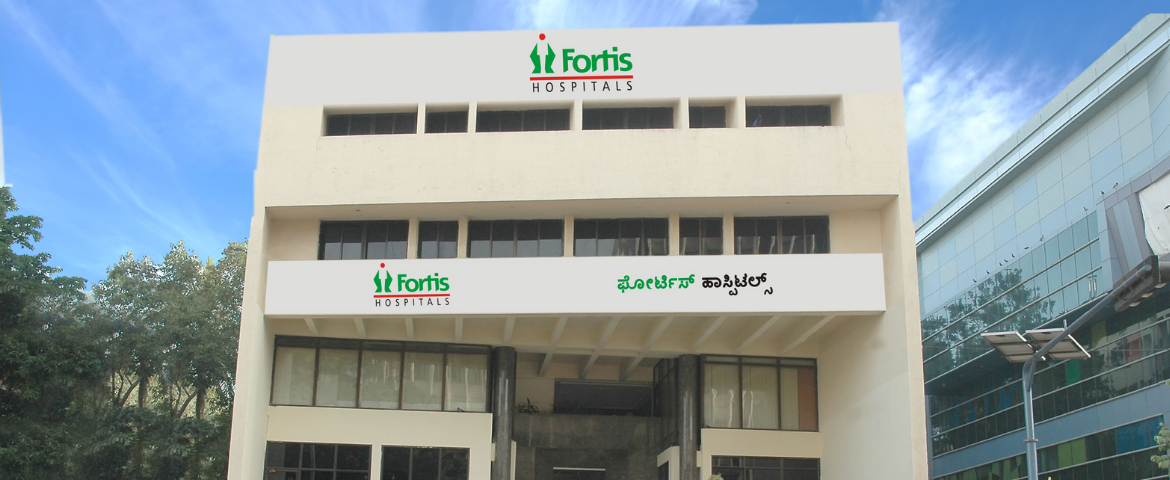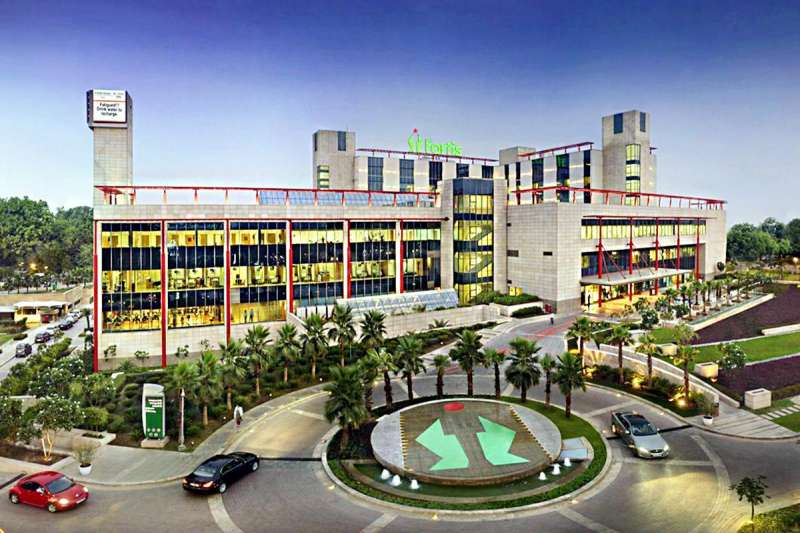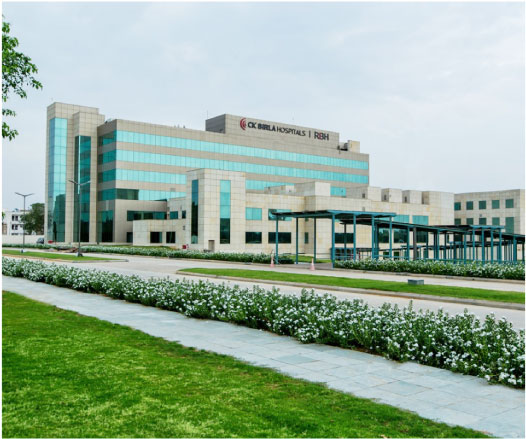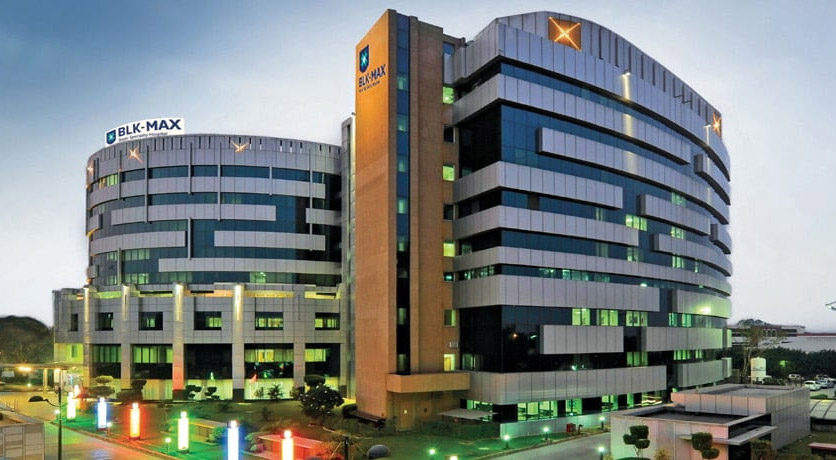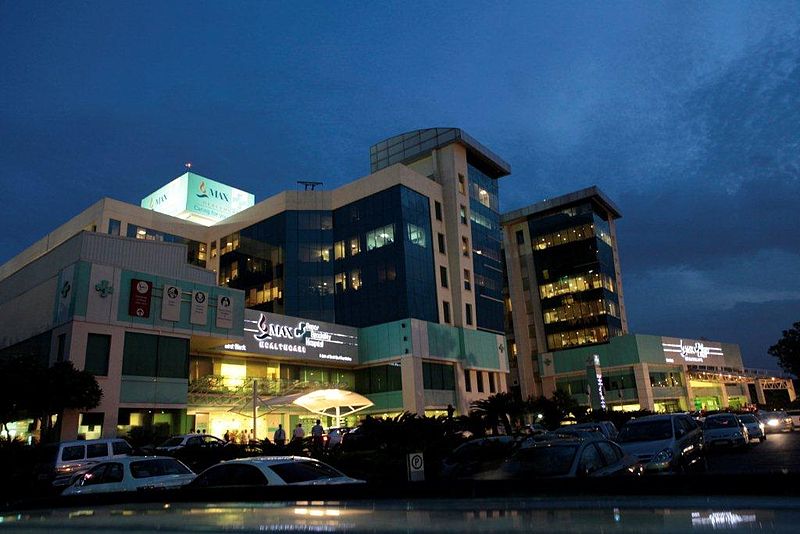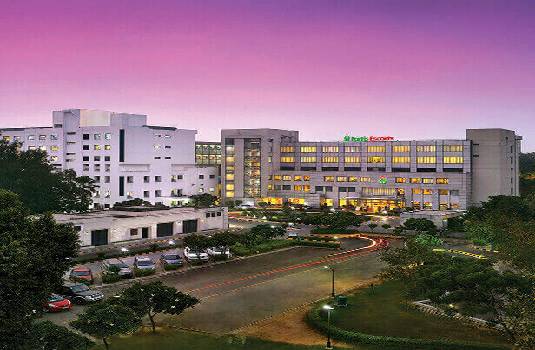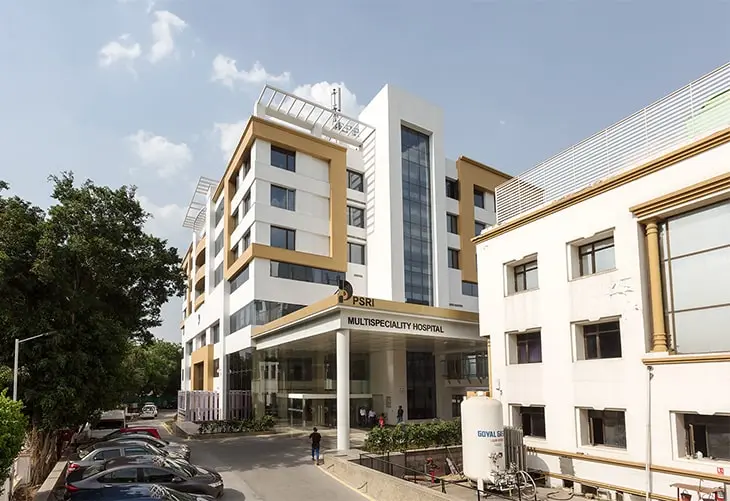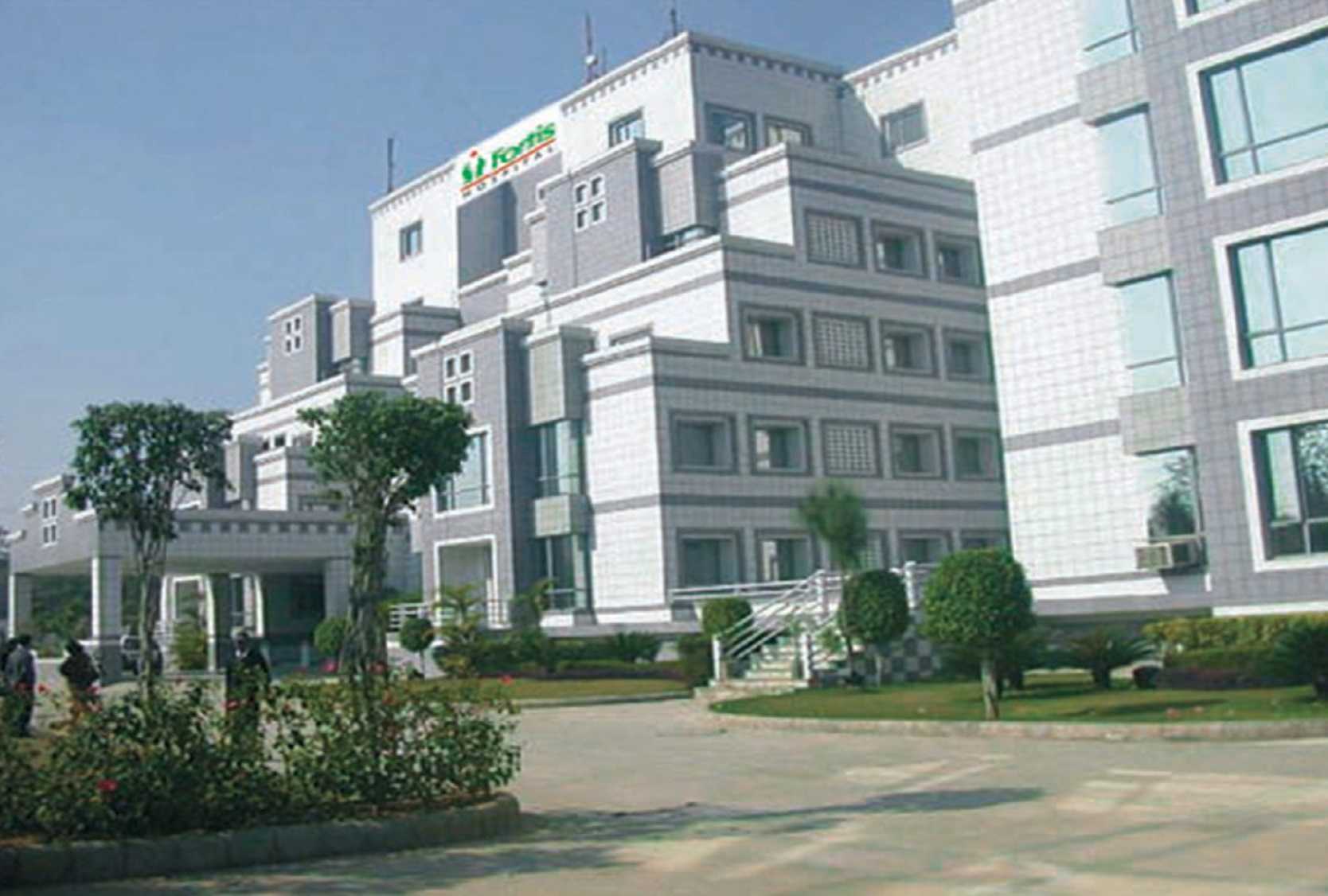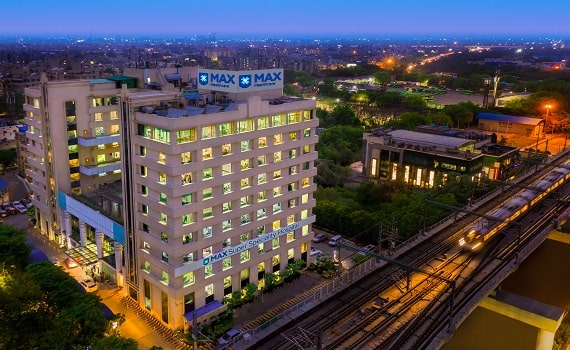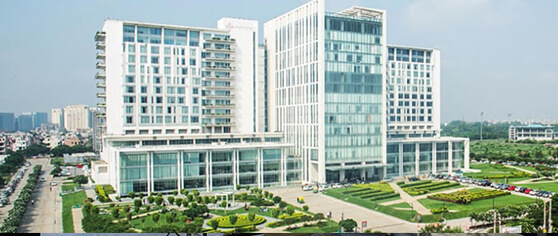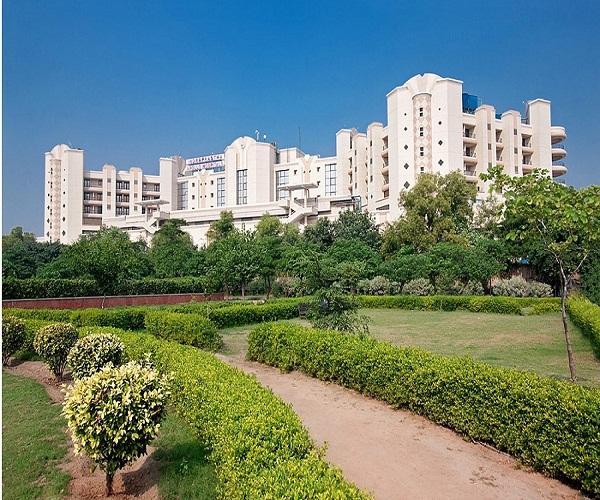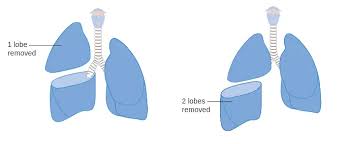Lobecotomy or Bilobectomy Pulmonary cost in India
The cost of Lobectomy or Bilobectomy Pulmonary in India ranges from USD 3500 to USD 8000
Lobecotomy or Bilobectomy Pulmonary
A lobectomy is a surgical surgery that involves the removal of a whole lobe of your lung for a number of causes, including lung cancer, infection, COPD, or benign tumours. Your right lung has three lobes and your left lung has two lobes. A lobectomy is a serious procedure with some hazards, including: Infection. When you breathe in, your lung collapses, preventing it from filling with air. Your chest is leaking air or fluid.
Lobecotomy or Bilobectomy Pulmonary
A lobectomy is a surgical surgery that involves the removal of a whole lobe of your lung for a number of causes, including lung cancer, infection, COPD, or benign tumours. Your right lung has three lobes and your left lung has two lobes.
A lobectomy is a serious procedure with some hazards, including: Infection. When you breathe in, your lung collapses, preventing it from filling with air. Your chest is leaking air or fluid.
A lobectomy is a surgical procedure that removes a malignant part of an organ and prevents it from spreading. This will not completely remove the sickness, but it will eliminate the main source of it.
Disease Overview:
Lung cancer
Lung cancer is a cancer that starts in the lungs and spreads throughout the body. Your lungs are two spongy organs in your chest that take in oxygen and expel carbon dioxide as you breathe in and out.
Lung cancer is the most common cancer that kills people across the world.
Lung cancer is more common in smokers, although it can also strike persons who have never smoked. The amount of time and quantity of cigarettes you smoke raises your risk of lung cancer. You can dramatically lower your risks of developing lung cancer if you quit smoking, even if you've been smoking for a long time.
Disease Signs and Symptoms:
In the early stages of lung cancer, there are usually no signs or symptoms. Lung cancer signs and symptoms usually appear when the illness has progressed.
The following are some of the signs and symptoms of lung cancer:
- A new cough that doesn't go away
- Coughing up blood, even if it's only a little bit
- Breathing problems
- Pain in the chest
- Hoarseness
- Weight loss without effort
- Bone ache
- Headache
- Lung cancer has several different types.
On the basis of the appearance of lung cancer cells under the microscope, doctors split lung cancer into two primary categories. Your doctor will choose your treatment options based on the type of lung cancer you have.
Small cell lung cancer and non-small cell lung cancer are the two most common kinds of lung cancer. Small cell lung cancer is less prevalent than non-small cell lung cancer and occurs virtually exclusively in heavy smokers.
Non-small cell lung cancer (NSCLC) is a kind of lung cancer that affects Non-small cell lung cancer (NSCLC) is a catch-all name for a variety of lung malignancies. Squamous cell carcinoma, adenocarcinoma, and large cell carcinoma are examples of non-small cell lung malignancies.
Factors that are at risk
Lung cancer can be caused by a variety of reasons. Some risk factors, such as smoking, can be managed by quitting. Other factors, such as your family history, are beyond your control.
Lung cancer can be caused by a number of conditions, including:
Smoking. The quantity of cigarettes you smoke each day and the number of years you've smoked raise your chance of lung cancer. Quitting smoking at any age reduces your chances of acquiring lung cancer greatly.
Secondhand smoke exposure. Even if you don't smoke, being exposed to secondhand smoke raises your chance of lung cancer.
Radiation treatment had been used previously. You may be at a higher risk of developing lung cancer if you've had chest radiation therapy for another form of cancer.
Radon poisoning is caused by the inhalation of radon gas. The natural breakdown of uranium in soil, rock, and water produces radon, which eventually finds its way into the air you breathe. Radon may build up to dangerous levels in any structure, including houses.
b and other toxins exposure Workplace exposure to asbestos and other cancer-causing compounds, such as arsenic, chromium, and nickel, can raise your risk of lung cancer, especially if you smoke.
Lung cancer runs in the family. Lung cancer is more likely among those who have a parent, sibling, or kid who has the disease.
Disease Causes:
The majority of lung cancers are caused by smoking, which affects both smokers and those who are exposed to secondhand smoke. Lung cancer may also strike persons who have never smoked and have never been exposed to secondhand smoke for an extended period of time. There may be no obvious aetiology of lung cancer in some situations.
- Lung cancer is caused by smoking.
- Smoking, according to doctors, promotes lung cancer by harming the cells that lining the lungs. When you inhale cigarette smoke, which is high in carcinogens, alterations in lung tissue occur practically instantly.
- Your body may be able to heal the harm at first. However, the normal cells that coat your lungs get further destroyed with each encounter. The damage leads cells to behave abnormally over time, and cancer may develop as a result.
- Lung cancer has several different types.
- On the basis of the appearance of lung cancer cells under the microscope, doctors split lung cancer into two primary categories. Your doctor will choose your treatment options based on the type of lung cancer you have.
- Lung cancer may be divided into two types:
- Lung cancer with little cells. Small cell lung cancer is less prevalent than non-small cell lung cancer and occurs virtually exclusively in heavy smokers.
- Non-small cell lung cancer (NSCLC) is a kind of lung cancer that affects Non-small cell lung cancer is a catch-all phrase for a variety of lung cancers.
- Squamous cell carcinoma, adenocarcinoma, and large cell carcinoma are examples of non-small cell lung malignancies.
Factors that are at risk
Lung cancer can be caused by a variety of reasons. Some risk factors, such as smoking, can be managed by quitting. Other factors, such as your family history, are beyond your control.
Smoking is one of the risk factors for lung cancer. The quantity of cigarettes you smoke each day and the number of years you've smoked raise your chance of lung cancer. Quitting smoking at any age reduces your chances of acquiring lung cancer greatly.
Secondhand smoke exposure. Even if you don't smoke, being exposed to secondhand smoke raises your chance of lung cancer.
Radiation treatment had been used previously. You may be at a higher risk of developing lung cancer if you've had chest radiation therapy for another form of cancer.
Radon poisoning is caused by the inhalation of radon gas. The natural breakdown of uranium in soil, rock, and water produces radon, which eventually finds its way into the air you breathe. Radon may build up to dangerous levels in any structure, including houses.
Asbestos and other toxins exposure Workplace exposure to asbestos and other cancer-causing compounds, such as arsenic, chromium, and nickel, can raise your risk of lung cancer, especially if you smoke.
Lung cancer runs in the family. Lung cancer is more likely among those who have a parent, sibling, or kid who has the disease.
Disease Diagnosis
Lung cancer screening in healthy adults
People who are at a higher risk of lung cancer should consider getting a low-dose CT scan every year. Lung cancer screening is usually provided to older persons who have smoked heavily for a long time or who have quit smoking within the last 15 years.
Consult your doctor about your lung cancer risk. You and your doctor can determine if lung cancer screening is suitable for you.
Lung cancer diagnostic tests
If your doctor suspects you have lung cancer, he or she can conduct a series of tests to check for malignant cells and rule out alternative possibilities.
The following tests may be performed:
Imaging tests are performed. An abnormal tumour or nodule in your lungs may be shown by an X-ray imaging. A CT scan of your lungs might identify microscopic lesions that aren't visible on an X-ray.
cytology of sputum Looking at sputum under a microscope might occasionally indicate the presence of lung cancer cells if you have a cough and are generating sputum.
a sample of tissue (biopsy). A biopsy is a process that removes a sample of aberrant cells.
Your doctor can do a biopsy in a variety of ways, including bronchoscopy, which involves passing a lighted tube down your neck and into your lungs to check abnormal parts of your lungs.
Another option is mediastinoscopy, which involves making an incision at the base of your neck and inserting surgical equipment behind your breastbone to obtain tissue samples from lymph nodes.
Another alternative is a needle biopsy, in which your doctor guides a needle through your chest wall and into your lung tissue to collect abnormal cells using X-ray or CT pictures.
A biopsy sample from lymph nodes or other sites where cancer has spread, such as your liver, may also be collected.
The type of lung cancer you have will be determined by a careful investigation of your cancer cells in a lab. Advanced testing can tell your doctor about the precise properties of your cells, which can assist predict your prognosis and direct your treatment.
Tests to establish the cancer's extent
Your doctor will seek to identify the extent (stage) of your lung cancer once it has been discovered. The stage of your cancer aids you and your doctor in determining the best treatment option.
Imaging methods may be used as part of your staging tests to check for signs that your cancer has progressed beyond your lungs. CT scans, MRI scans, PET scans, and bone scans are among the tests available. Because not every test is suited for everyone, talk to your doctor about which treatments are good for you.
Lung cancer stages are designated by Roman numerals ranging from 0 to IV, with the lowest stages denoting cancer that is restricted to the lungs. By stage IV, the cancer has spread to other parts of the body and is termed progressed.
Disease Treatment:
Your doctor and you will decide on a cancer treatment plan based on a variety of criteria, including your general health, the kind and stage of your disease, and your personal preferences.
You may opt not to get therapy in some instances. For example, you may believe that the treatment's adverse effects will exceed the possible advantages. If this is the case, your doctor may recommend comfort care to address solely the cancer's symptoms, such as discomfort or shortness of breath.
Your surgeon will remove the lung cancer as well as a margin of healthy tissue during surgery. The following procedures can be used to eliminate lung cancer:
Wedge resection involves removing a tiny piece of the lung that contains the tumour as well as a healthy margin.
To remove a bigger area of the lung, but not a whole lobe, a segmental resection is used.
A lobectomy is a procedure that removes the complete lobe of one lung.
An complete lung is removed during a pneumonectomy.
If you have surgery, your surgeon may take lymph nodes from your chest to examine them for cancer indications.
If your cancer is limited to your lungs, surgery may be a possibility. If you have a more advanced lung cancer, your doctor may suggest chemotherapy or radiation therapy before surgery to help the tumour shrink. Your doctor may suggest chemotherapy or radiation therapy after surgery if there's a chance cancer cells were left behind after surgery or if your cancer may relapse.
Radiation therapy
To destroy cancer cells, radiation treatment employs high-powered energy beams from sources such as X-rays and protons. You lie on a table during radiation therapy as a machine rotates around you, distributing radiation to specific locations on your body.
Radiation may be administered before or after surgery for persons with locally advanced lung cancer. It's frequently used in conjunction with chemotherapy. If surgery isn't a possibility, your primary treatment may be a combination of chemotherapy and radiation therapy.
Radiation treatment may help reduce symptoms such as discomfort in advanced lung malignancies and those that have spread to other parts of the body.
Chemotherapy
Chemotherapy is a treatment that employs chemicals to destroy cancer cells. Chemotherapy medications can be delivered intravenously (via a vein in your arm) or taken orally. A mixture of medications is normally administered in a series of treatments spanning weeks or months, with intervals in between to allow you to recuperate.
Chemotherapy is frequently administered following surgery to eliminate any remaining cancer cells. It can be used independently or in conjunction with radiation therapy. Chemotherapy can also be used to shrink tumours and make them easier to remove before surgery.
Chemotherapy can be used to treat pain and other symptoms in persons with advanced lung cancer.
Body radiotherapy with stereotactic accuracy
Stereotactic body radiotherapy, often known as radiosurgery, is a high-intensity radiation treatment that targets the malignancy with many beams of radiation from various angles. Treatment with stereotactic body radiation is usually done in one or a few sessions.
For those with tiny lung malignancies who are unable to undergo surgery, stereotactic body radiotherapy may be an alternative. It might potentially be used to treat lung cancer that has progressed to other organs, including as the brain.
Drug treatment with a specific goal
Targeted medication therapies are designed to target particular abnormalities seen in cancer cells. Targeted medication therapies can kill cancer cells by inhibiting these aberrations.
Lung cancer is treated with a variety of targeted therapy medications, the majority of which are reserved for persons with advanced or recurring disease.
Some targeted medicines are only effective in patients with cancer cells that contain specific genetic abnormalities. In a lab, your cancer cells may be analysed to discover if these treatments might assist you.
Immunotherapy
Immunotherapy is a type of cancer treatment that makes use of your immune system. Because cancer cells create proteins that assist them hide from immune system cells, your body's disease-fighting immune system may not attack your cancer. Immunotherapy works by interfering with the immune system's natural processes.
Immunotherapy is often reserved for those who have locally advanced lung cancer or cancer that has progressed to other regions of the body.
Palliative care is a kind of hospice care.
Lung cancer patients frequently face signs and symptoms of the disease, as well as treatment side effects. Supportive care, often known as palliative care, is a medical speciality that entails collaborating with a doctor to reduce your indications and symptoms.
Your doctor may suggest that you meet with a palliative care team immediately after receiving your cancer diagnosis to ensure that you are comfortable during and after treatment.
People with advanced non-small cell lung cancer who started supportive care immediately after their diagnosis survived longer than those who remained with treatments including chemotherapy and radiation, according to one research. Those who received supportive treatment said their mood and quality of life had improved. They lived approximately three months longer on average than the others.
Country wise cost comparison for Lobecotomy or Bilobectomy Pulmonary:
| Country | Cost |
|---|---|
| India | $4050 |
Treatment and Cost
19
Total Days
In Country
- 5 Day in Hospital
- 2 No. Travelers
- 14 Days Outside Hospital
Treatment cost starts from
$4500
Popular Hospital & Clinic
Featured Hospital
102 Hospitals
Types of Lobecotomy or Bilobectomy Pulmonary in Fortis Memorial Research Institute and its associated cost
| Treatment Option | Approximate Cost Range (USD) |
|---|---|
| No Treatment option added | |
- Address: Sector - 44, Opp. HUDA City Center,Gurgaon, Haryana - 122002, India
- Facilities related to Fortis Memorial Research Institute: Private Rooms, Translator, Nursery / Nanny Services, Airport Pick up, Personal Assistance / Concierge, Free Wifi, Local Tourism Options, International Cuisine, Phone in Room, Private Driver / Limousine Services, Post operative followup, Mobility Accessible Rooms, Online Doctor Consultation, Air Ambulance, Religious Facilities, Rehabilitation, Cafe, TV in room, Car Hire, Health Insurance Coordination,
50
DOCTORS IN 35 SPECIALITIES
20+
FACILITIES & AMENITIES
Types of Lobecotomy or Bilobectomy Pulmonary in CK Birla Hospital, Gurgaon and its associated cost
| Treatment Option | Approximate Cost Range (USD) |
|---|---|
| No Treatment option added | |
- Address: Block J, CK Birla Hospital, Nirvana Central Rd, Mayfield Garden, Sector 51, Gurugram, Haryana 122018
- Facilities related to CK Birla Hospital, Gurgaon: The hospital has following facilities: Patient Rooms: Presidential suite, suites, junior suites, deluxe single and shared rooms 4 state-of-the-art modular OTs Critical Care Facilities Labour delivery rooms (LDR) with piped Entonox for pain management North India’s only water-birthing facility Advanced IVF laboratory Chemo Daycare center Physiotherapy Centre 24x7 Radiology - including 4D ultrasound, X-ray, digital mammography, BMD, ECHO 24x7 Pathology including advanced genetic testing 24x7 Emergency 24x7 Pharmacy Studio for fitness, antenatal and post-natal classes & to host medical and educational workshops Café serving healthy & nutritious food and drinks
13
DOCTORS IN 21 SPECIALITIES
20+
FACILITIES & AMENITIES
Types of Lobecotomy or Bilobectomy Pulmonary in BLK-Max Super Speciality Hospital and its associated cost
| Treatment Option | Approximate Cost Range (USD) |
|---|---|
| No Treatment option added | |
- Address: Pusa Road, New Delhi-110005
- Facilities related to BLK-Max Super Speciality Hospital: Private Rooms, Translator, Nursery / Nanny Services, Personal Assistance / Concierge, Free Wifi, International Cuisine, Phone in Room, Private Driver / Limousine Services, Post operative follow-up, Mobility Accessible Rooms, Rehabilitation, Cafe, TV in room, Car Hire, Health Insurance Coordination
17
DOCTORS IN 33 SPECIALITIES
20+
FACILITIES & AMENITIES
Types of Lobecotomy or Bilobectomy Pulmonary in Max Super Speciality Hospital and its associated cost
| Treatment Option | Approximate Cost Range (USD) |
|---|---|
| No Treatment option added | |
- Address: Max Super Speciality Hospital No. 1, 2, Press Enclave Road, Mandir Marg, Saket Institutional Area, Saket, New Delhi, Delhi, 110017, India
- Facilities related to Max Super Speciality Hospital:
53
DOCTORS IN 34 SPECIALITIES
20+
FACILITIES & AMENITIES
Types of Lobecotomy or Bilobectomy Pulmonary in Fortis Escorts Heart Institute and its associated cost
| Treatment Option | Approximate Cost Range (USD) |
|---|---|
| No Treatment option added | |
- Address: Okhla Road,New Delhi - 110 025 (INDIA)
- Facilities related to Fortis Escorts Heart Institute: Private Rooms, Translator, Nursery / Nanny Services, Personal Assistance / Concierge, Free Wifi, International Cuisine, Phone in Room, Private Driver / Limousine Services, Post operative follow-up, Mobility Accessible Rooms, Rehabilitation, Cafe, TV in room, Car Hire, Health Insurance Coordination
19
DOCTORS IN 33 SPECIALITIES
20+
FACILITIES & AMENITIES
Types of Lobecotomy or Bilobectomy Pulmonary in PSRI Hospital and its associated cost
| Treatment Option | Approximate Cost Range (USD) |
|---|---|
| No Treatment option added | |
- Address: Press Enclave Marg, J Pocket, Phase II, Sheikh Sarai, New Delhi, Delhi 110017
- Facilities related to PSRI Hospital: Private Rooms, Translator, Nursery / Nanny Services, Personal Assistance / Concierge, Free Wifi, International Cuisine, Phone in Room, Private Driver / Limousine Services, Post operative follow-up, Mobility Accessible Rooms, Rehabilitation, Cafe, TV in room, Car Hire, Health Insurance Coordination
8
DOCTORS IN 33 SPECIALITIES
20+
FACILITIES & AMENITIES
Types of Lobecotomy or Bilobectomy Pulmonary in Fortis Flt. Lt. Rajan Dhall Hospital, Vasant Kunj, Delhi and its associated cost
| Treatment Option | Approximate Cost Range (USD) |
|---|---|
| No Treatment option added | |
- Address: Fortis Flt. Lt. Rajan Dhall Hospital, Aruna Asaf Ali Marg, Pocket 1, Sector B, Vasant Kunj, New Delhi, Delhi 110070
- Facilities related to Fortis Flt. Lt. Rajan Dhall Hospital, Vasant Kunj, Delhi: Private Rooms, Translator, Nursery / Nanny Services, Personal Assistance / Concierge, Free Wifi, International Cuisine, Phone in Room, Private Driver / Limousine Services, Post operative follow-up, Mobility Accessible Rooms, Rehabilitation, Cafe, TV in room, Car Hire, Health Insurance Coordination
46
DOCTORS IN 34 SPECIALITIES
20+
FACILITIES & AMENITIES
Types of Lobecotomy or Bilobectomy Pulmonary in MAX Super Speciality hospital, Patpadganj Delhi and its associated cost
| Treatment Option | Approximate Cost Range (USD) |
|---|---|
| No Treatment option added | |
- Address: 108A, Indraprasth Extension, Patpadganj, New Delhi- 110092, India
- Facilities related to MAX Super Speciality hospital, Patpadganj Delhi: Private Rooms, Translator, Nursery / Nanny Services, Personal Assistance / Concierge, Free Wifi, International Cuisine, Phone in Room, Private Driver / Limousine Services, Post operative follow-up, Mobility Accessible Rooms, Rehabilitation, Cafe, TV in room, Car Hire, Health Insurance Coordination
52
DOCTORS IN 33 SPECIALITIES
20+
FACILITIES & AMENITIES
Types of Lobecotomy or Bilobectomy Pulmonary in Medanta-The Medicity, Gurgaon and its associated cost
| Treatment Option | Approximate Cost Range (USD) |
|---|---|
| No Treatment option added | |
- Address: CH Baktawar Singh Road, Sector 38, Gurugram, Haryana 122001
- Facilities related to Medanta-The Medicity, Gurgaon: TV in room Private rooms, Free Wifi, Phone in Room, Mobility accessible rooms, Family accommodation, Laundry, Welcome Safe in the room, Nursery / Nanny services. Dry cleaning, Personal assistance / Concierge Religious facilities, Fitness Spa and wellness Café, Business Centre, Shop, Dedicated smoking areas, Beauty Salon, Special offer for group stays, Parking available, Health insurance coordination, Medical travel insurance, Foreign currency exchange, ATM, Credit Card, Debit Card, Net banking, Diet on Request, Restaurant, International Cuisine, Treatment Related Medical records transfer, Online doctor consultation, Rehabilitation, Pharmacy, Document legalization, Post operative follow-up, Language Interpreter, Translation services, Transportation, Airport pickup, Local tourism options, Local transportation booking, Visa / Travel office, Car Hire, Private driver / Limousine services, Air ambulance
52
DOCTORS IN 33 SPECIALITIES
20+
FACILITIES & AMENITIES
Types of Lobecotomy or Bilobectomy Pulmonary in Indraprastha Apollo Hospitals, New Delhi and its associated cost
| Treatment Option | Approximate Cost Range (USD) |
|---|---|
| No Treatment option added | |
- Address: Mathura Rd, Jasola Vihar, New Delhi, Delhi 110076
- Facilities related to Indraprastha Apollo Hospitals, New Delhi: Private Rooms, Translator, Nursery / Nanny Services, Personal Assistance / Concierge, Free Wifi, International Cuisine, Phone in Room, Private Driver / Limousine Services, Post operative follow-up, Mobility Accessible Rooms, Rehabilitation, Cafe, TV in room, Car Hire, Health Insurance Coordination
37
DOCTORS IN 33 SPECIALITIES
20+
FACILITIES & AMENITIES
Related Packages
More Related Information
Some of the top rated doctors are:
- Saudi Arabia
Some of the top rated hospitals are:
- India
- Fortis Memorial Research Institute
- BLK-Max Super Speciality Hospital
- Medanta-The Medicity, Gurgaon
- Indraprastha Apollo Hospitals, New Delhi
- Artemis Hospitals
- Manipal Hospitals
- Nanavati Max Super Speciality Hospital, Mumbai
- Kokilaben Dhirubhai Ambani Hospital, Mumbai
- KIMS Hospital Kondapur, Hyderabad
- MIOT International, Chennai
- MGM Healthcare, Chennai
- Saudi Arabia

